Vice President and Director of Foreign Policy Bruce Jones reports from the ground at the Munich Security Conference, which was held February 17 to 19.
In Munich this weekend, the Trump administration made a welcome change in one of the key planks of the president’s stated foreign policy agenda—NATO.
As a candidate, Donald Trump signaled his longstanding aversion to U.S. alliance commitments and his belief that NATO was a rip-off for American voters. As president-elect, in a wide-ranging interview with German newspapers, he called for greater European participation in burden-sharing in NATO, while also questioning the value of the mechanism itself—referring, at times, to the alliance as an obsolete organization.
As European officials gathered in Munich for an annual high-level conference on trans-Atlantic security, the central question in the room was: What would be Donald Trump’s position? The answer came in the form of two important speeches by senior Trump officials.
A warning shot from the Pentagon
The Munich Security Conference, a kind of Davos for security wonks, has a rhythm. Usually, the United States sends a signal in advance of the forum in the form of a policy speech and, then, in Munich itself, both senior cabinet officials and members of Congress gather with their European and Russian counterparts to communicate about the state of American foreign policy and for discussing side deals.
This year was no different. In the lead-up to the conference, Secretary of Defense James Mattis made a statement to NATO that did two things. It repeated the traditional American call for greater European spending, but it also marked a departure. Mattis sounded a Trump-ian note, saying that if Europe did not up its spending, it would see a lessening of the American commitment.
Mattis’s friends were at pains to say that this was simply a repetition of traditional American policy. But in truth, it went further, essentially making America’s commitment to NATO semi-conditional on an increase in European spending. At Munich itself, Mattis reiterated these points in a brief, terse statement that left the Europeans wondering what the real U.S. position was. The German defense minister said that her government would live up to its commitment to increase defense spending, and Mattis pointed to this as his message having been received. In fact, the drama surrounding the resignation of National Security Advisor Michael Flynn and Trump’s long press conference largely drowned out Mattis’ remarks.
Enter the vice president
However, in the main American speech at Munich, Vice President Mike Pence took a different stance. He began his speech by emphasizing that he was carrying a message from President Trump himself. The message was simple: that America’s commitment to NATO was unconditional and unequivocal.
Later in the speech Pence did, indeed, repeat the call for increased spending, arguing that now was really the time for Europe to share more of the burden—a point on which there’s very little disagreement in official Washington. However, in no way did he make the one conditional on the other. In fact, he went out of his way to make clear that the United States would remain Europe’s best guarantee of security, including against Russian potential excursions in the Baltics and its aggressions in the Ukraine. Pence’s speech seemed to signal a recognition that the president’s instinctive approach to Russia simply couldn’t fly politically after blatant Russian interference in the U.S. election. (There’s that, and there’s the fact that not a single member of his foreign policy cabinet agrees with him on Russia.)
Pence shifted the ground of Trump’s foreign policy, making it clear that the United States will continue its traditionally unshakable commitment to NATO and European security.
There were other elements in Pence’s speech, but the essential point was his reinforcement of the American commitment to Europe. Relative to Trump’s questioning of whether NATO is obsolete, and even Mattis’ question mark about whether America’s commitment was partially conditional on European spending, Pence shifted the ground of Trump’s foreign policy, making it clear that the United States will continue its traditionally unshakable commitment to NATO and European security. He was specific, if exceedingly sparse, about a continued American commitment to a forward presence in Poland, and to holding Russia to account in Ukraine. He was expansive, if unspecific, about the campaign against radical Islamic terrorism he argued now needed to unfold.
A welcome turning point
From the starting point of Trump’s expressed hostility to NATO, this was a welcome turning point. There is a tyranny of low expectations here, though; it should hardly be news that the United States prioritizes NATO over Russia. And Pence did little to set out where he thought NATO should contribute differently to the counterterrorism campaign, or how it could do better on reconstruction and stabilization, or similar specific ideas. Still, Pence’s statement made it slightly harder for President Trump to walk away from NATO commitments, and that’s good news.
What would have helped was any evidence that Trump himself noticed that this was happening. Given that his vice president and his three top foreign policy cabinet appointees—Mattis, Secretary of State Rex Tillerson, and Homeland Security Secretary John Kelly—were all in Germany for their maiden European foreign policy engagements, even a tweet from Trump reinforcing their message would have gone a long way to assuring people that they were actually speaking for the president. Instead, President Trump tweeted about the “fake news,” the press as an enemy, and his own press conference. As a candidate, Trump extolled his business experience; however, I know of no business that succeeds by having its CEO ignore or undermine his top lieutenants.
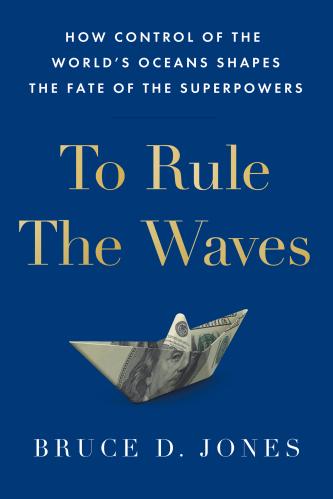
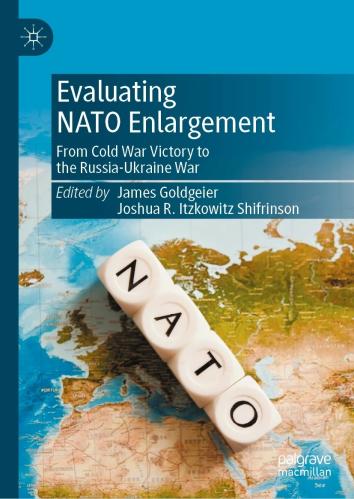
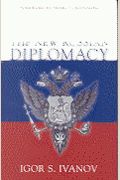
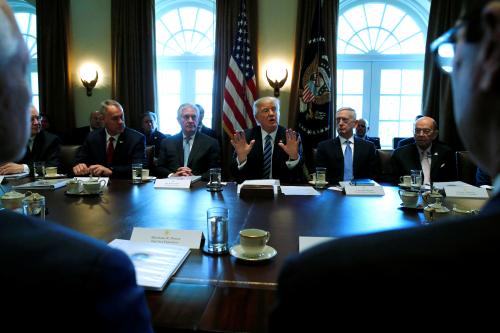
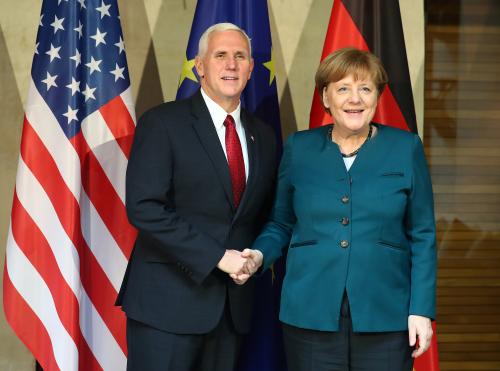
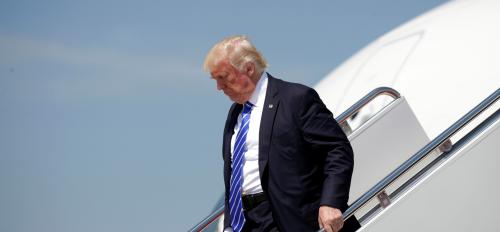
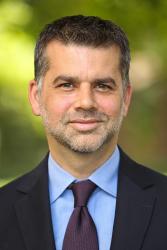
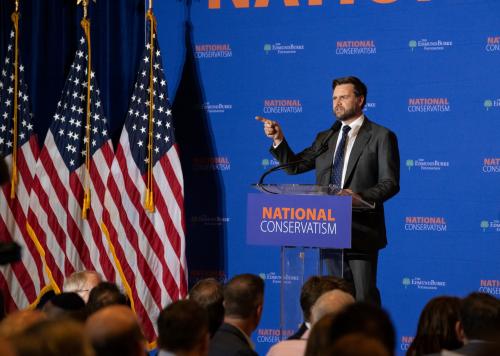
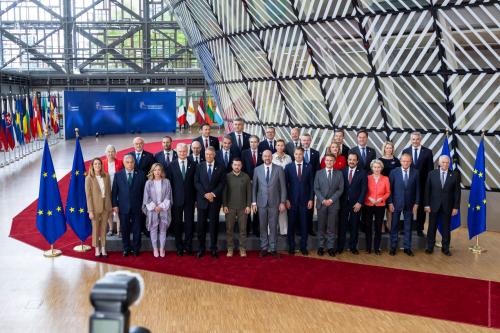
Commentary
Team Trump meets Europe
A dispatch from the Munich Security Conference
February 19, 2017